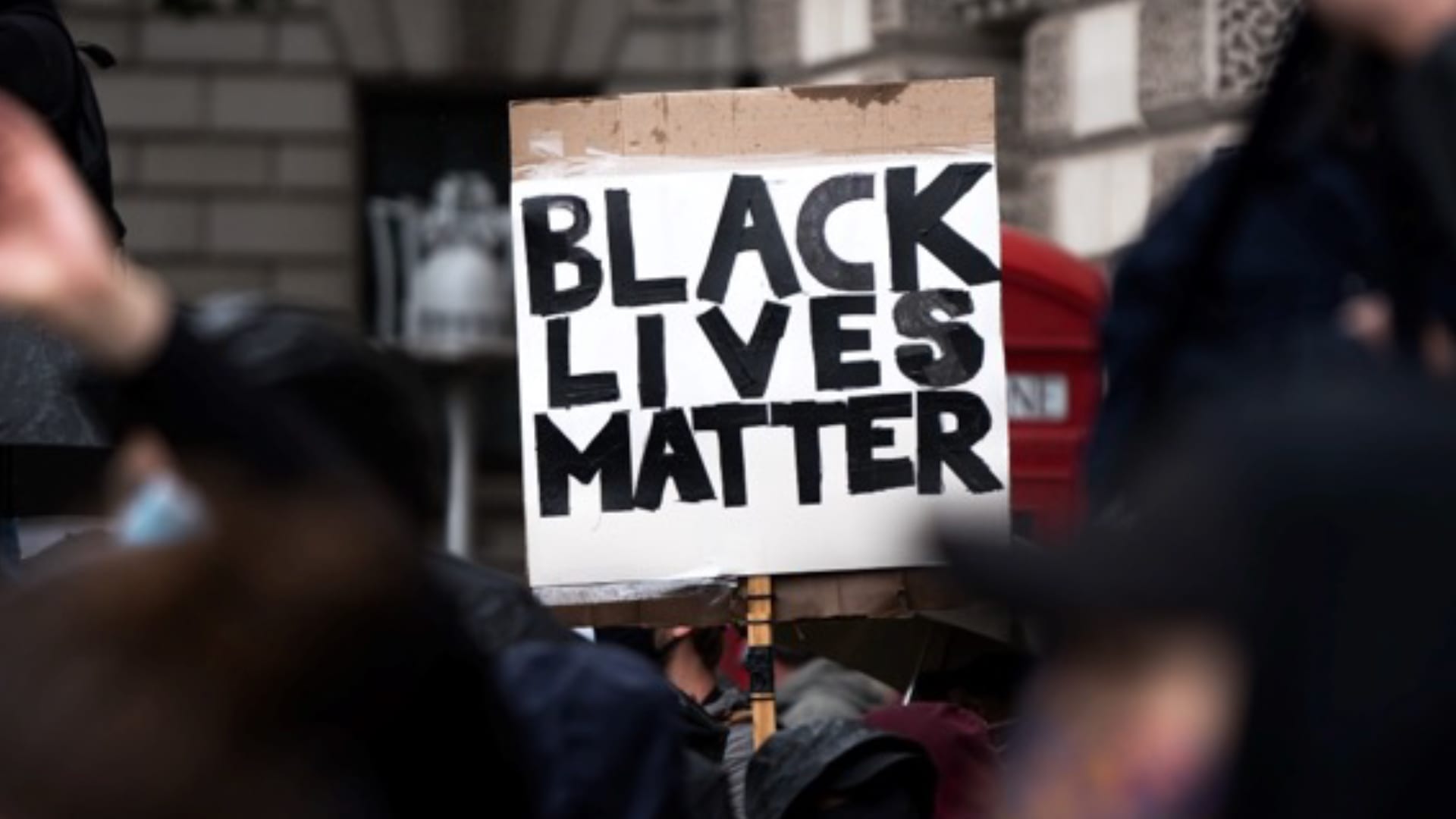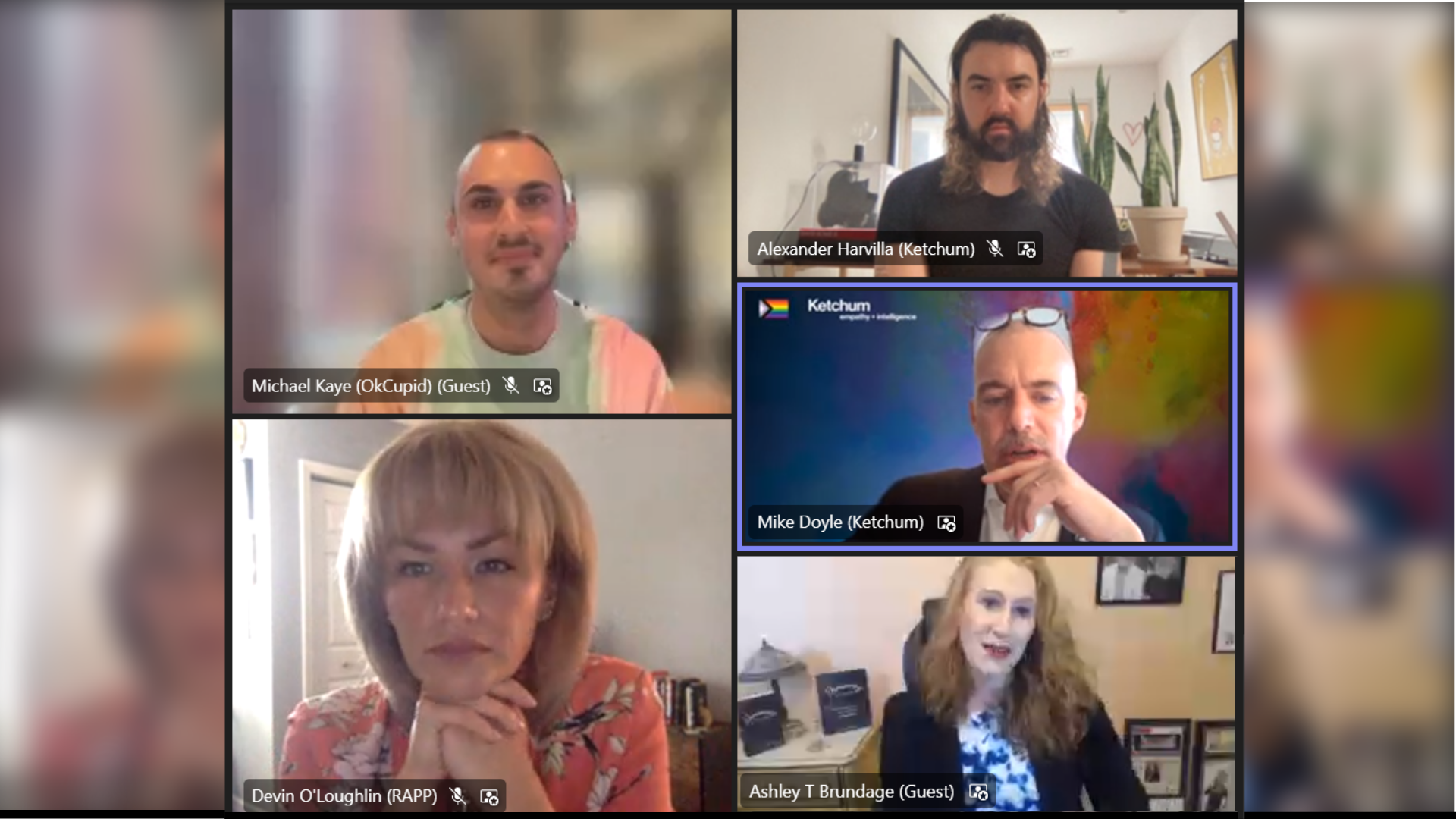UPDATE—April 16:
Each new act of police violence against the Black community now raises the bar exponentially for corporations to evaluate how they will or won’t respond.
As if on cue, at the halfway mark of the Chauvin trial, this past week saw three more extraordinarily painful incidents of police violence, two involving Black men and another, a child.
The first came through the release of body cam footage showing Army Lieutenant Caron Nazario being pulled over, handcuffed, pepper sprayed and struck by police officers in Virginia without cause back in December. The second was the murder this week of 20-year-old Daunte Wright at the hands of police after a traffic stop, just 10 miles away from where George Floyd was murdered. And then we learned of the recent Chicago police killing of Adam Toledo, a 13-year-old seventh grader who had his hands up.
These incidents combined have dramatically inflamed tensions and heightened anticipation around the Chauvin verdict, where closing arguments are now set for Monday of next week.
They have also led to a sharp increase in negative sentiment that is significant not only in volume but also depth of topics covered, spurring a broader conversation on both earned and social channels questioning why policing practices and broader systemic changes have not been made in the year following the death of George Floyd.
These incidents are also creating a new tipping point with stakeholders pushing for even broader police reform. Which means that corporations, especially those with relationships to law enforcement, should expect to face even greater pressure to dive deeper into policing issues, assert their influence and do more.
Lastly, as disheartening as it is to write, the regularity of these incidents should now be built into corporate communications expectations. As corporations are increasingly being asked to step up and express a point of view, it would be prudent to be prepared with statements and programming for both internal and external audiences that can be routinely activated whenever such atrocities invariably happen again.
The murder of George Floyd while in police custody reignited attention on a social justice movement that could no longer be ignored by many in corporate America. Over the last year, we’ve seen many organizations respond to the call for racial equity and justice in a variety of ways—from the formation of cross-functional committees to drive systemic internal changes and commitments to increase representation of Black employees to internal listening sessions, monetary donations and more. The Associated Press recently reported that between May and October 2020, the top 1,000 U.S. companies committed $66 billion to racial equity causes, and 18% of these same companies made internal commitments to these issues.

However, as we near the one-year anniversary of Floyd’s death, brands are entering one of the first real moments of reckoning. The more time has passed, the more skeptical consumers and other stakeholders are becoming of the intentions behind some corporate commitments, as well as their related actions. Stakeholders know that how companies manifest themselves, internally and externally, in the court of their publics’ opinions speaks louder than any words ever could. The proof of progress for stakeholders is not just in actions and commitments, but in measurable and quantifiable outcomes over time.
Here are some key areas to consider addressing as you prepare your communications plans for this quickly approaching May 25 milestone.
The Chauvin trial will set the stage
The verdict in the trial of Derek Chauvin could have a significant impact on the timing, velocity and volume of protests, traditional media coverage and social media conversation. Chauvin’s trial, which began March 29, is expected to last approximately four weeks, with jury deliberations potentially extending that timeline.
We anticipate the timeline of activity around the one-year memorial of George Floyd’s death to significantly accelerate to late April or early May if Chauvin is found not guilty of the most significant charges leveled against him or if the trial results in a hung jury. A not guilty verdict will likely result in large-scale protests, once again focusing the collective attention on the Black Lives Matter social justice movement—but this time with even more intense scrutiny of corporate and individual actions (or inaction).
Point being that while many organizations may be planning for a May 25 moment, the Chauvin trial necessitates readiness and planning for a late April/early May moment as well.
Expect media to scrutinize past commitments
It will be critical to closely monitor the conversation surrounding the trial and ensuing one-year memorial marking Floyd’s death. The outcome of the trial may impact announcements already scheduled for late April or early May, so it will be important to create contingency plans to potentially pivot or delay such announcements. We recommend closely monitoring media and social conversations for the next several weeks and planning for adjustments in announcement timing and tone of messaging if warranted.
While we’ve seen a steady drumbeat of coverage on racial equity and social justice stories over the past year, with some news organizations creating new beats and indexes to monitor corporate America’s response, we expect the volume of coverage on this topic to veer sharply upwards in the days leading up to and following the memorial. During this time, expect corporate scrutiny to reach an apex, with reduced opportunities for unrelated stories to break through.
Executives undergoing media interviews or speaking opportunities on unrelated topics should nevertheless be prepared to speak to the topics of racism and police reform, as well as to their company’s diversity, equity and inclusion practices.
Approach the one-year memorial with caution
The urge and pressure to communicate will be great, but the reputational risks of communicating could be far greater if your organization has not made significant progress on any commitments made following Floyd’s murder and the ensuing racial reckoning. Remember, this moment is inherently not about your organization, it’s about the Black community—and the brutality it has suffered at the hands of police and the systemic racism that continues to oppress it. Unless your organization has “done the work” to become an antiracist organization and has made significant progress against its commitments over the past year, think twice before making a public statement during this moment. But don’t hesitate to focus your attention inward on your employees. Know who you are as an organization, align internally on where you stand, be prepared to get engulfed by the noise, and avoid all temptations to be a fast follower.
If you do nothing else, focus internally—especially on your Black employees
This is not the moment to push the mute button on internal communications efforts. Understand the emotional toll the trial, the verdict and one-year memorial date is having on your employees, and especially on your Black employees. Do not treat the anniversary of Floyd’s death like a holiday, but rather a day of solidarity, acknowledgement and respect, with communications that express a high degree of empathy. Accordingly, choose your messengers wisely. Consider that a full Chauvin acquittal, for example, could necessitate a statement from your CEO to reaffirm your organization’s commitment to racial justice.
No matter what, be authentic and transparent
How your organization shows up in the days and weeks before the memorial date, on the actual day, and in the days and weeks after, leading up to Juneteenth and beyond, will speak volumes and matters greatly. If your company made commitments in response to the social justice movement last summer, you should be prepared for those commitments to be intensely scrutinized. And if your company did not make any commitments to change its ways, you should be prepared to be scrutinized for inaction as well. Authentically owning where your organization is or is not on its DE&I journey will be critical to any communications you decide to put forward. What you say will matter, and how you say it will matter even more. Any attempt to overstep or spin is guaranteed to be met with a sharp rebuke from your various stakeholders.
Beware of the pitfalls
This moment calls for ultimate authenticity about who you are as an organization and where you are on the journey to addressing racial inequities. The mistakes that brands and executives alike may make will result from not being sufficiently introspective about these matters. To reduce the likelihood of your organization or executives falling victim to such errors:
- Do not treat this solemn moment as a holiday or annual DE&I day
- Remember to meaningfully center your Black employees
- Be prepared with messaging about where your company is on its social justice journey, but be careful that it does not overplay or spin your progress to date
- Avoid making reflexive or otherwise poorly timed, ill-conceived statements or social media posts
- Be open, not defensive, to reasonable criticism and constructive stakeholder feedback
And lastly, it’s key to remember this is not a one-and-done moment, but rather a call to action to do the hard work of truly becoming an antiracist organization all day, every day, all year long for the foreseeable future.
If your communications team needs assistance preparing your company’s response to this milestone moment, please feel free to contact us for assistance.
With contributions from Maxine Enciso, Senior Vice President, Co-lead, Diversity Equity & Inclusion Specialty; Gur Tsabar, Executive Vice President, Co-lead, Diversity Equity & Inclusion Specialty; Lori Beecher, Partner, Managing Director, Media & Content Strategy; John Bradbury, Partner, Managing Director, Global Issues & Crisis Management; Lauren Butler, Senior Vice President, Employee Communications & Engagement; Jessica Mendelowitz, Managing Director, Purpose; Tamara Norman, Partner, Managing Director, Employee Communications & Engagement; Lindsay Wagner, SVP, Head of Diversity Equity & Inclusion for North America; and Bill Zucker, Partner, Managing Director, Executive Advisory & Media. Services.



